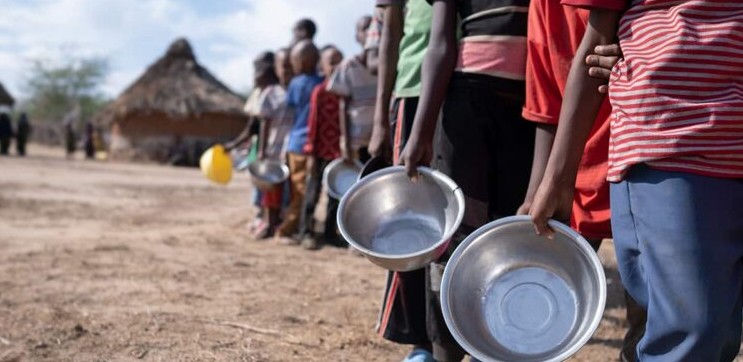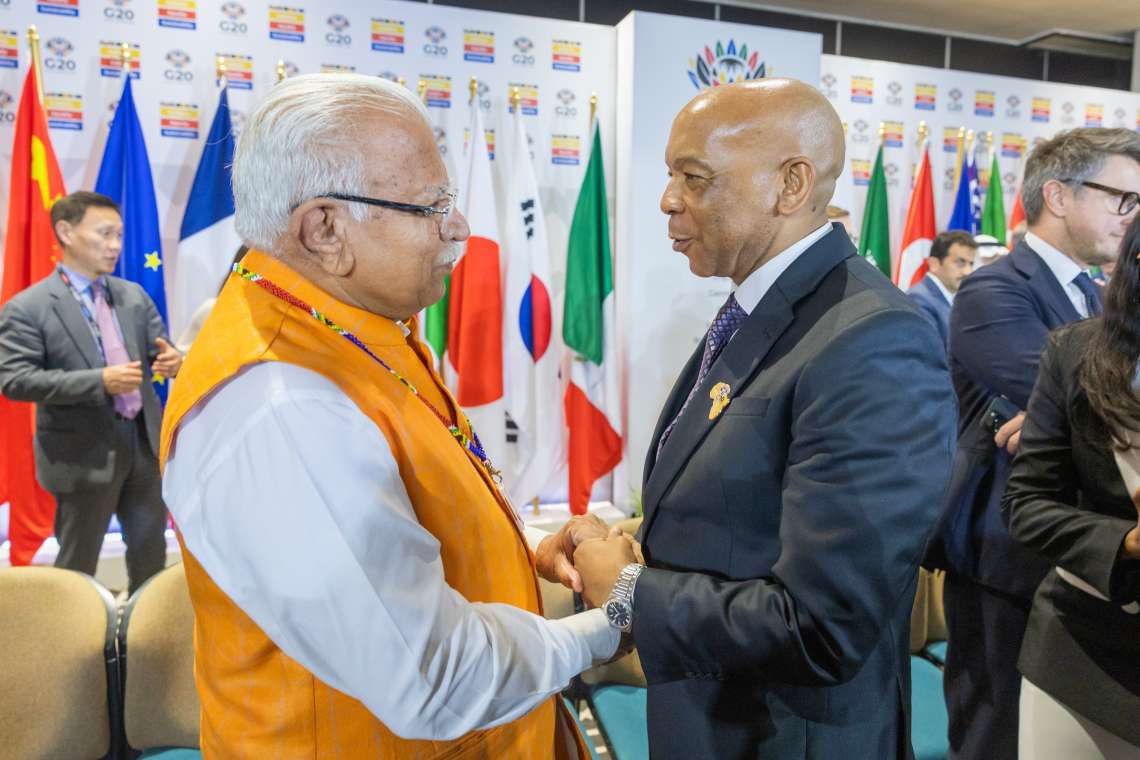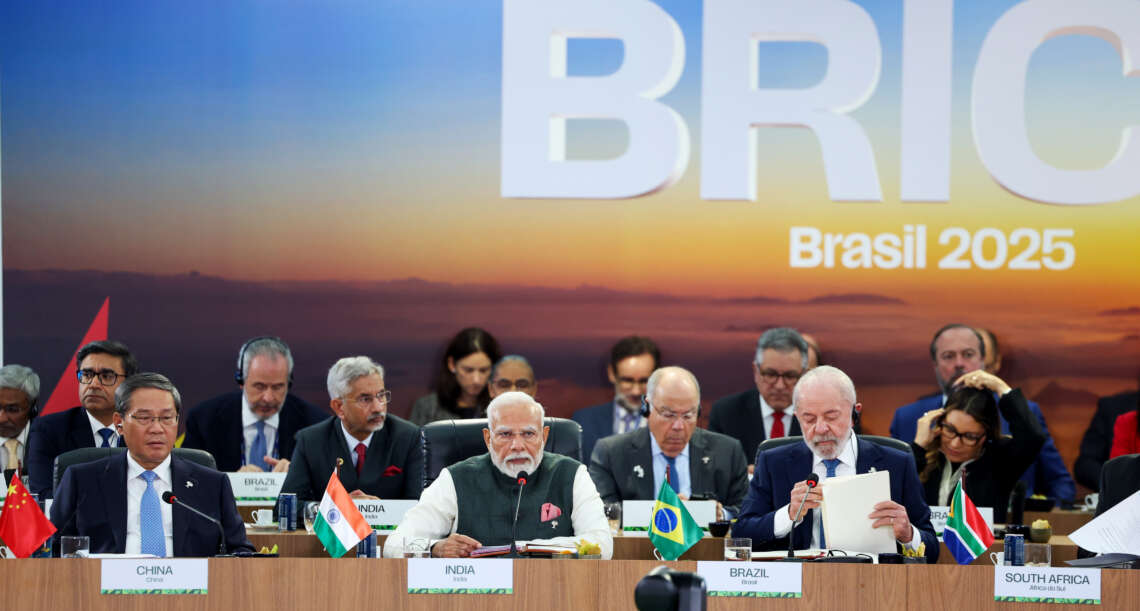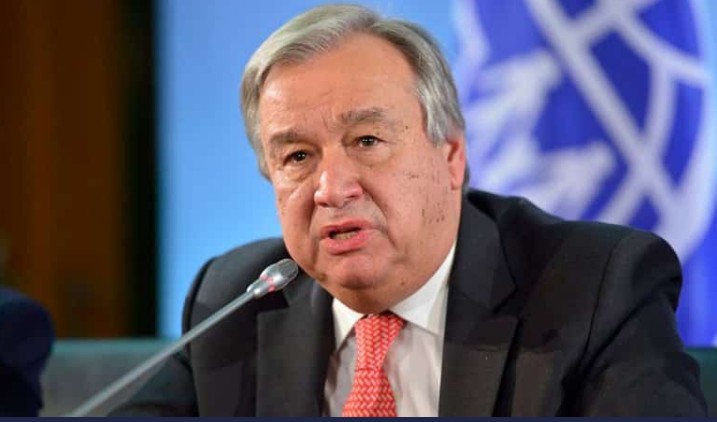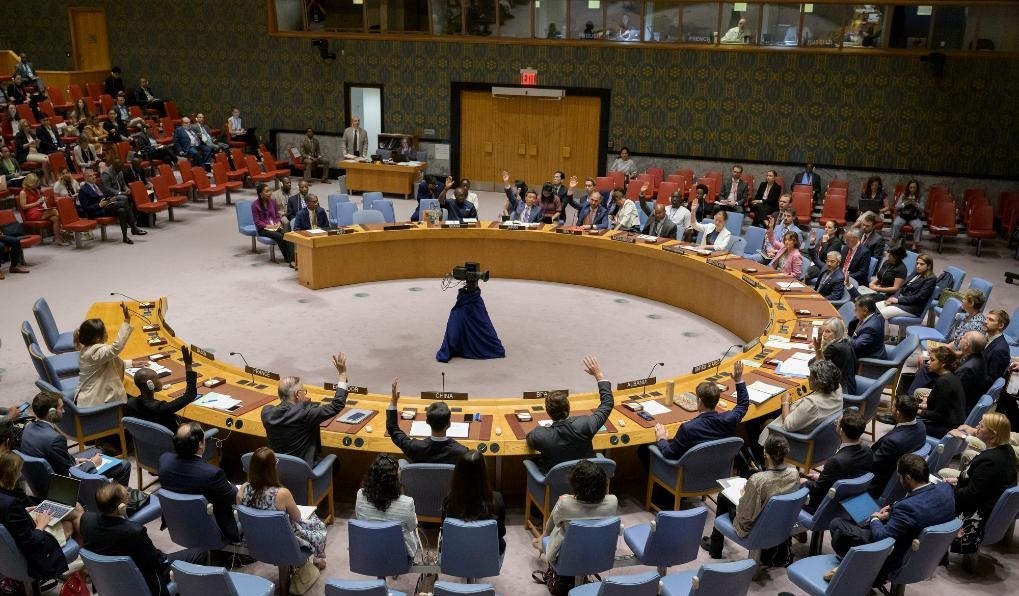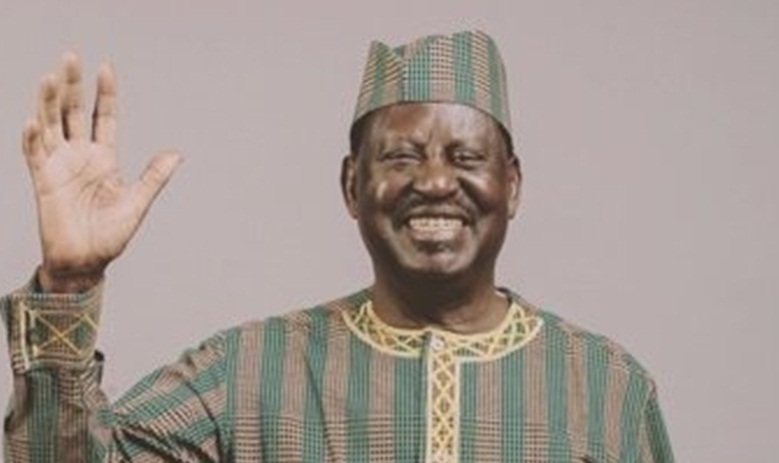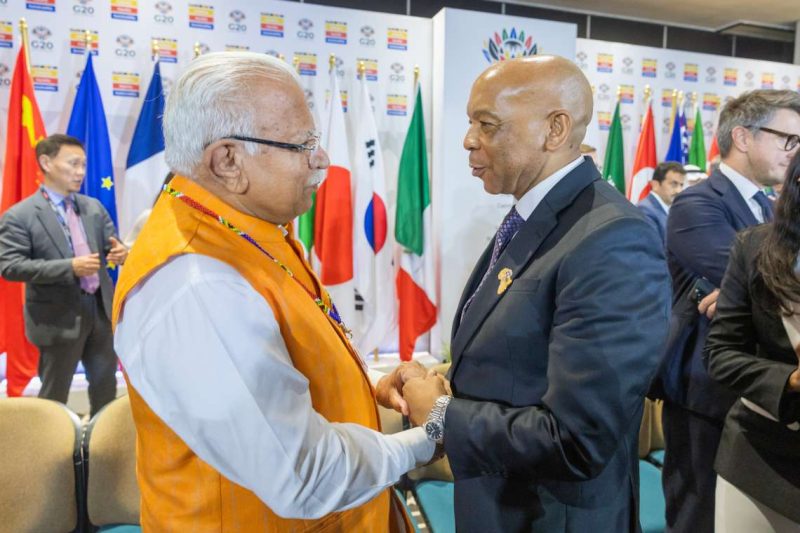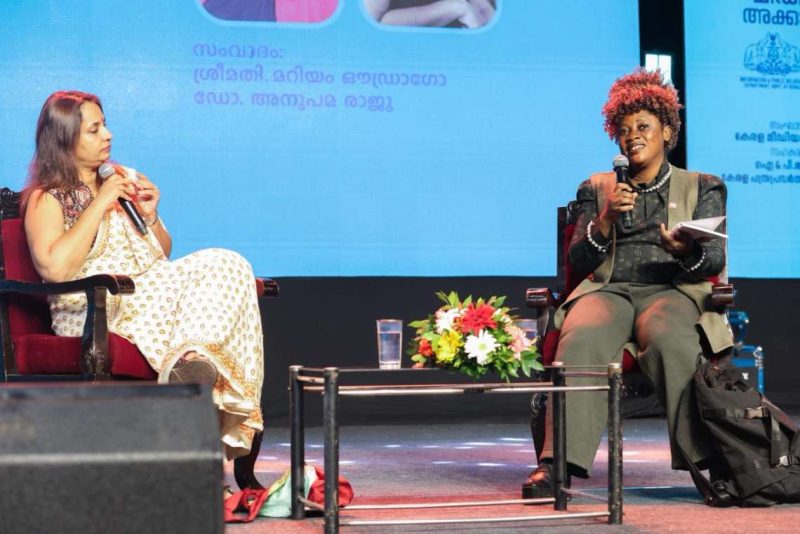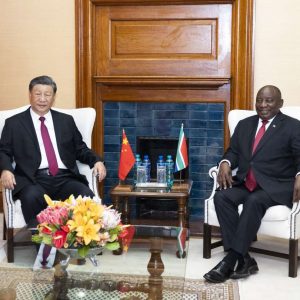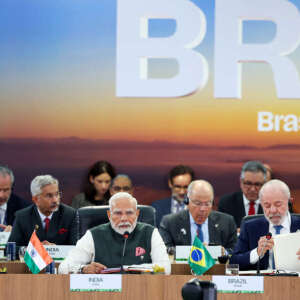Steenhuisen was delivering the opening address at the three-day meet ahead of the G20 leaders’ summit towards the end of the year. South Africa holds the presidency of the G20 this year
The global benefits of agricultural development have not been shared equally among nations, South Africa’s Minister of Agriculture John Steenhuisen told delegates at the G20 Agriculture Working Group meeting in the coastal city of Durban.
Steenhuisen was delivering the opening address at the three-day meet ahead of the G20 leaders’ summit towards the end of the year. South Africa holds the presidency of the G20 this year.
“We must be honest. The benefits of agricultural development have not been shared equally. Not within countries, and not between them,” Steenhuisen said.
“If the G20 is to be a platform of leadership, then this working group must be a space of listening. Of designing policies with, not just for, the people most affected. Of bringing real accountability into the promises we make. “In my view, the value of this forum lies not in how many resolutions we pass, but in what happens after the meetings are over — in the policies we implement, the partnerships we build, and the resources we mobilise,” he said.
Steenhuisen said the group needed to recognise that the future of agriculture will not be shaped only by ministries or multilateral agencies. “It will be shaped by people — on farms, in cooperatives, in labs, and in households — who make decisions every day based on the systems we help shape here,” he said. The minister said that South Africa is committed to an approach that is inclusive, transparent, and focused on action. “As host country and Chair of this Working Group, we are deeply committed to ensuring that this Working Group becomes a platform for collective ambition, practical collaboration, and long-term transformation,” he said.
Steenhuisen also called the gathering “a moment of both urgency and opportunity”. “Urgency, because food insecurity, climate volatility, and systemic exclusion continue to threaten the stability of global food systems. Opportunity, because never has the world had such scientific insight, technological capacity, and a shared policy platform to do something about it. This is a defining time for agriculture — not only in South Africa, but across our continent and the world,” he said as he outlined the challenges that the world is facing with regard to global food systems.
“We are dealing with rising input costs, unpredictable climate shocks, and constrained fiscal spaces — all of which are being felt first and most severely by small-scale producers, women farmers, and the rural poor,” Steenhuisen said. “Within these challenges, there is also real opportunity to change the terms of inclusion in agricultural markets; to build resilience not only into our systems, but into our institutions; and to connect innovation with impact at the scale and speed that this moment demands,” the minister said.
Steenhuisen said the backbone of the agenda of the group should include inclusive market participation to remove smallholders, women, youth, and marginalised communities from the periphery of food systems and place them firmly at the centre.
Countries worldwide have to work together to address food insecurity, climate volatility, and systemic exclusion, which continue to threaten the stability of global food systems, said a South African official.
Agriculture Minister John Steenhuisen made the remarks in Durban at the G20 Agriculture Working Group meeting. He said South Africa is facing rising input costs, unpredictable climate shocks, and constrained fiscal spaces. Steenhuisen said the solution lies in technology and innovation transfer, particularly to bridge the gap between those who invent and those who need access to those inventions.
Countries have to build systems that can feed the world without destroying the ecosystems that support them, he added. Steenhuisen highlighted the urgent pressures that keep agricultural stakeholders awake at night, including the increasing frequency of devastating animal and plant diseases, the worsening impacts of climate change, persistent poverty and high levels of hunger.
“South Africa is committed to an approach that is inclusive, transparent, and focused on action. As the host country and chair of this working group, we are deeply committed to ensuring that this working group becomes a platform for collective ambition, practical collaboration, and long-term transformation,” the Minister said. The Minister said that no country could face these crises alone and called for strengthened global cooperation, built on the principles of Ubuntu, which emphasise collective action, mutual respect and shared responsibility.
“South Africa’s G20 Presidency has placed Ubuntu at the heart of its four agricultural priorities for 2025, reinforcing that only through unity can sustainable solutions be achieved,” Steenhuisen added.
He highlighted four areas to attain this objective. The first is promoting inclusive market participation and food security through ensuring that no farmer, trader, or community is left behind. “We believe that if we work together, we can build a future in which agriculture feeds not just stomachs, but economies, ecosystems, and futures.” Various working groups of the G20 have been holding meetings in South Africa since the country assumed the G20 presidency on December 1 last year. South Africa will host the G20 Leaders’ Summit in November.


